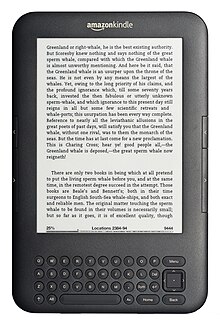Interview with Anne
I have conducted almost 9 minutes interview with Anne Moon, UWC E-Resources Librarian, on the use of Social Media at the University of the Western Cape Library. I have included the audio clip of the interview below.
QUESTION 1
I manage two Twitter accounts on behalf of UWC Library, viz the below:
https://twitter.com/
https://twitter.com/UWCLibrary
I manage two Twitter accounts on behalf of UWC Library, viz the below:
https://twitter.com/
https://twitter.com/UWCLibrary
The LICT technicians on Level 6 sometimes assist me with the updating of https://twitter.com/UWCLibrary
I also manage my own personal Twitter account at https://twitter.com/
QUESTION 2
The main purpose is information sharing.
For example, I have advised our users about an important new tool called UnPayWall. See: https://twitter.com/
I also advise them of database trials and of changes to our Open Hours (during, for example, #FeesMustFall).
QUESTION 3
UWC staff, students and researchers.
QUESTION 4
This question would need to be directed at Ricardo Davids as he is actually the Social Media Librarian. He uses analytical software tools and can see not only which resources are being accessed but also via which browsers and which devices, (e.g. smartphone types, tablets, PCs, etc).
QUESTION 5
Again, this question would need to be directed at Ricardo Davids. From my side, I can say that Level 6 staff and myself are the only people updating these accounts. There does not appear to be any commitment at all from the other parties who have a joint responsibility to do so, especially w.r.t. the account at https://twitter.com/
 https://en.wikipedia.org/wiki/Amazon_Kindle
https://en.wikipedia.org/wiki/Amazon_Kindle
